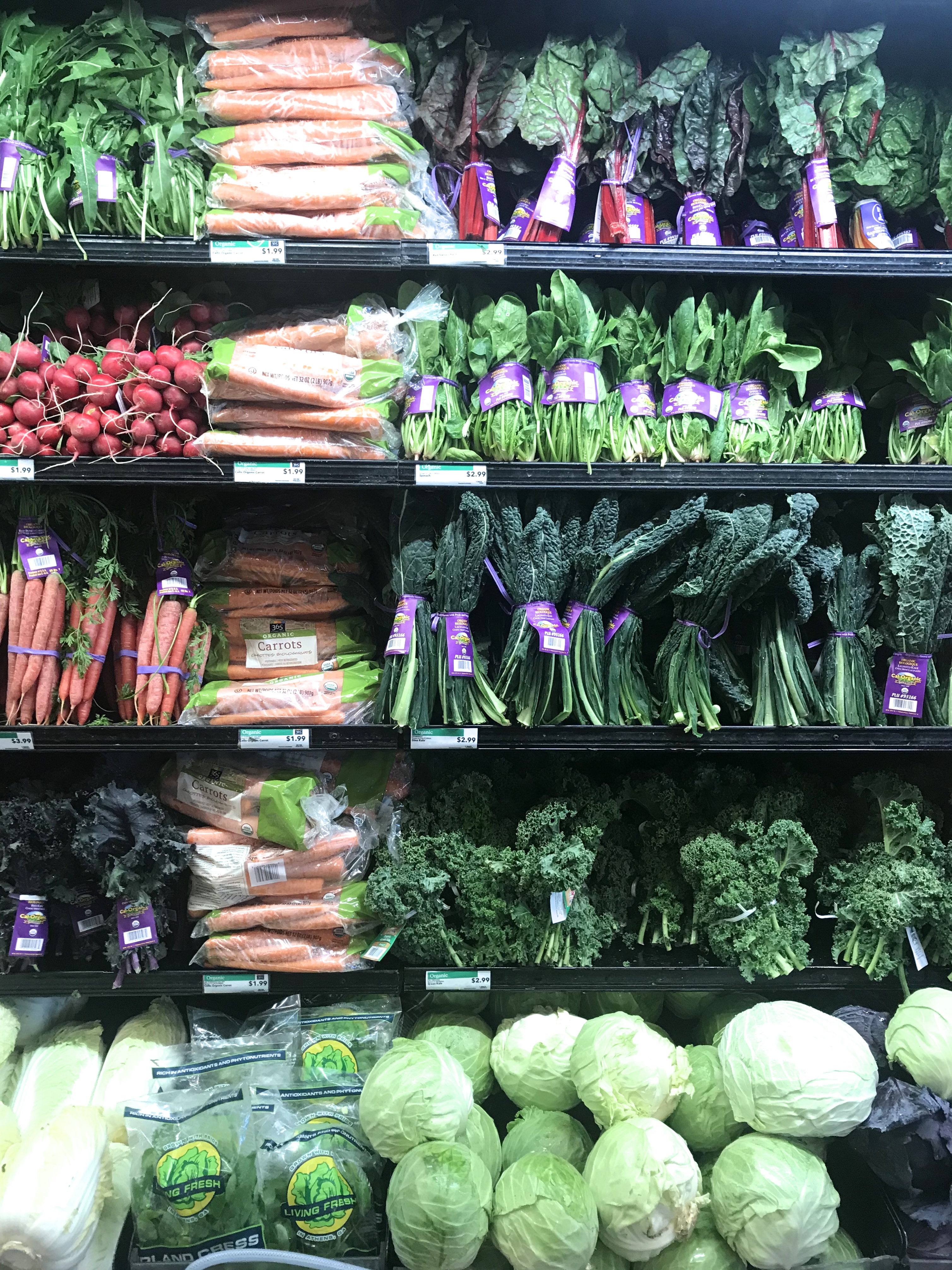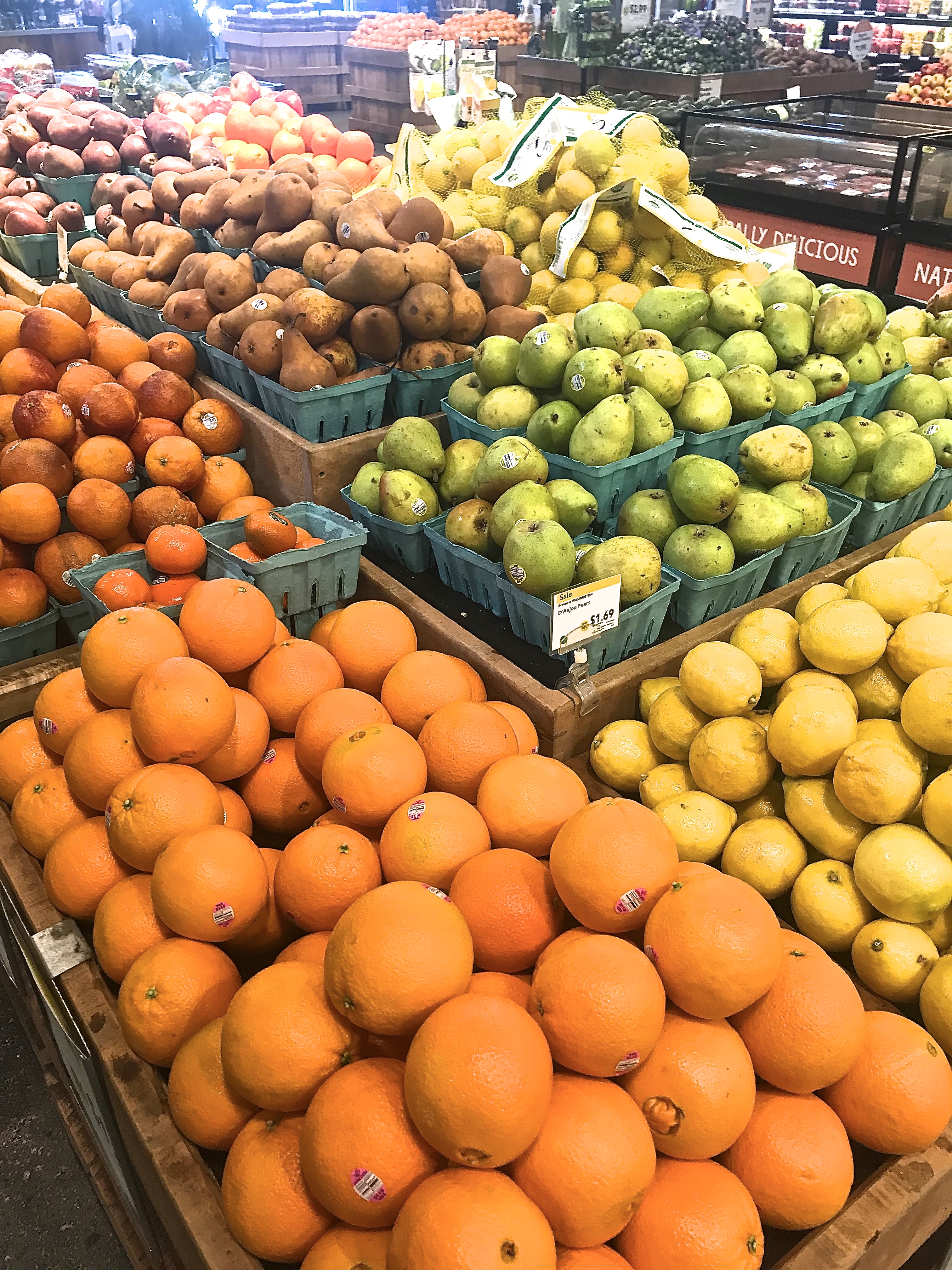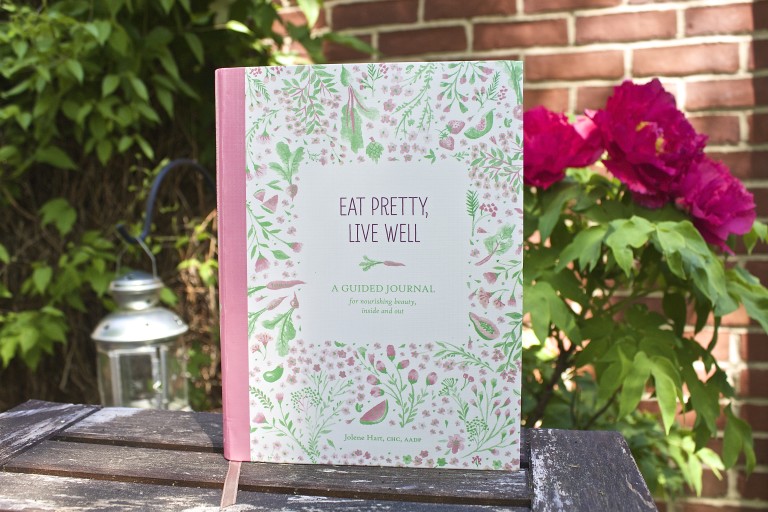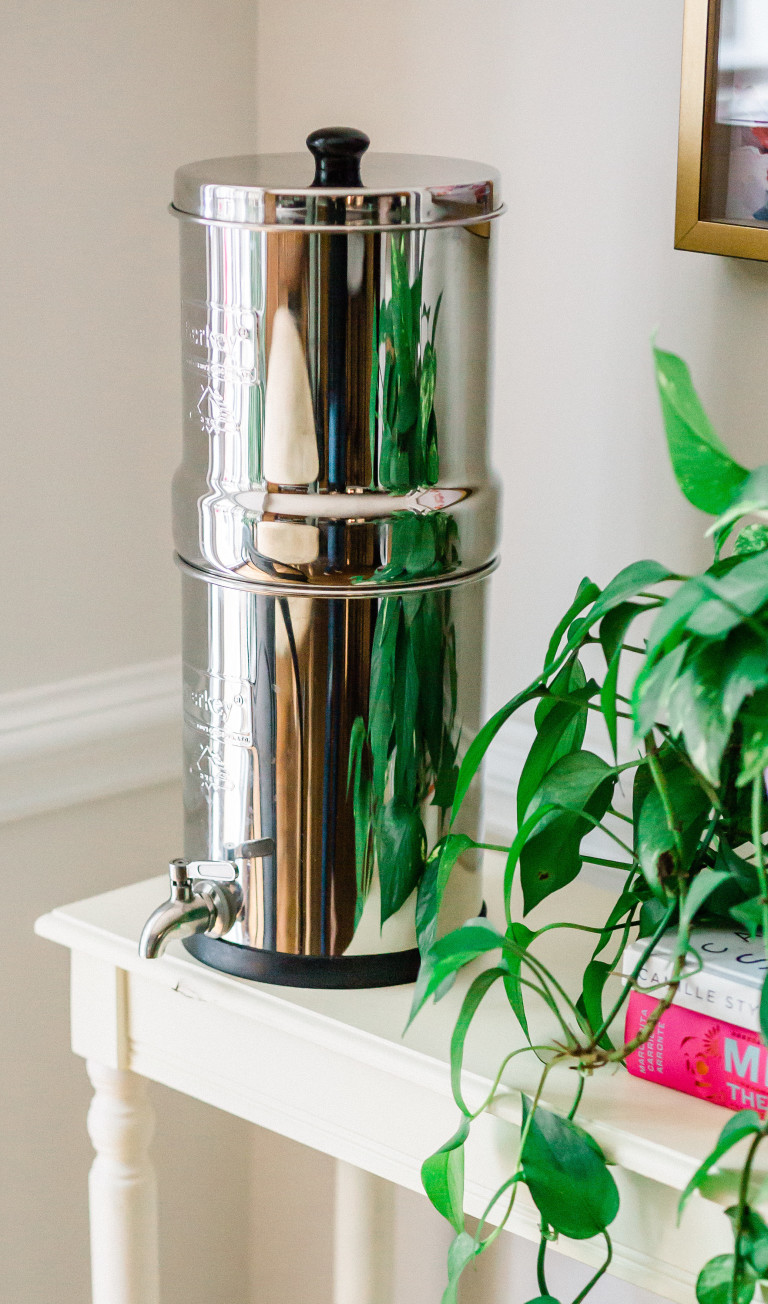Eating Organic On A Budget

A question I get frequently is how to not spend a million dollars on groceries while trying to eat healthy, organic food. In fact, I had a long conversation about it with a lady in my row during my airplane ride out to California and then at Shiftcon, I sat through a whole session on the topic, with 4 panelists giving us their best tips. I know eating organic on a budget seems daunting, but there are ways to eat healthy and keep your budget in check. Part of it is where you shop and the other part is strategizing. Below I’m sharing my best tips, plus some tips I picked up at Shiftcon and then walking you through some of my favorite places to shop. Please know that there’s no single best way. Even the panelists I listened to disagreed on a few things! The biggest thing is just seeing what works for you.
Eating Organic On A Budget
One: Plan Ahead
Meal plan as much as possible. You can purchase meal planners to make it easier. Meal planning helps you to look ahead and make sure you’re staying within budget and using up everything you purchase. One panelist plans out every bite her family eats for two weeks at a time and her family of 5 cut their grocery budget to $150 every 2 weeks ?. Seriously! She said it takes about 30 minutes, but is time well spent. You can also check out Part 1 & Part 2 of my podcast episode on healthy meal planning with Kristin from livesimply.me.
Two: Reduce Food Waste
Store food properly, so it doesn’t go bad. Some items like these ethylene gas absorbers can be placed in your crisper to help to keep produce fresh longer. Freeze or use things before they turn. Another tip the panelists gave was storing things like berries in between brown paper towels in a glass container to help them last longer.
Three: Prioritize What Has To Be Organic
Prioritize what to buy organic and what can be conventional. The Dirty Dozen and The Clean 15 are great resources for what to prioritize. If you can’t buy all organic, these lists clear up which produce is best to buy organic and which has less pesticide residue and is OK to buy conventional. Also prioritize which types of food need to be organic. For many of the panelists meat and animals products were the highest priority to purchase organic.
Four: Shop Small & Shop Local
Seek out local options like small farmers and co-ops. You can search online or chat up farmers at your local farmers market to see how they grow their crops and if they have a CSA program. While you may need to spend some time upfront seeking these out, they will save you money and allow you to have a fresher product (possibly even delivered to you). Many small farmers actually do grow their food and animals organically, but can’t afford the massive cost and excessive paperwork of getting the organic certification. Remember my post last year about my cousin-in-law’s farm we stayed at? Their animals are all pastured and at the time of our visit, were raised 100% organic, despite not having the label.
You can also look for the label Certified Naturally Grown, which many small farms are using instead of the USDA Organic Label. They still must meet very strict organic requirements to qualify, but it’s tailored more towards small farm operations. Another local option to look into is Imperfect Produce, or something similar. It’s organic produce that’s not “pretty” enough to put on the shelves, but is still fine to eat and can be bought at a discount.
Five: Grow Your Own
Grow your own food. Before you roll your eyes at me, let me say I get it- this is a hard one for me, too. I have a black thumb. That said, even I can keep a basil plant or tomato plant alive and I’ve had some luck with other things too. Even if you just pick 1 or 2 things that your family eats frequently, this will save you some money and is a fun way to help teach kids about our food system. Each year I try to grow one new thing. Watermelon was a flop for me last year, but I paid $1 for seeds and used planting supplies I already had, so it wasn’t that big of a waste to try. This year I want to try some sort of radishes!
Six: Buy In Season
Getting produce out of season is not only more expensive (sometimes close to twice as much), but it also usually travels from further away and has a shorter shelf life. Getting to know which fruits and veggies are in season will lower your bill and help keep food from spoiling too fast.
Seven: Homemade Is Best
Some things like granola, fruit leathers, muffins and more are so easy and much cheaper to make at home. While I do buy some of these items (looking at you, granola bars), I’ve found the more I make at home, the less I’m spending at the store on packaged items. Plus I know exactly what goes into it. Sometimes I make things throughout the week and other times I’ll take a Sunday afternoon and knock out a bunch of items for the week ahead.
Where I Shop
Costco
I talk about Costco frequently because it’s where I get the best deals. I can get a two pound bag of organic chia seeds for less than $10, which is what a tiny bag costs at Whole Foods. We love stocking up on organic frozen fruit and veggies here, because they’re SUPER cheap. We make lots of smoothies with them, incorporate them into recipes and the kids love eating frozen blueberries. They also have good prices on fresh produce and lots of organic dry goods, like coffee, quinoa, etc. We don’t buy a ton of packaged foods, but they do carry some brands we like, like Madegood Granola and I’ve seen some locations now offer Simple Mills. You know what else? They also have several Organic wines that are well priced.
Whole Foods
They don’t call it Whole Paycheck for nothing- It’s easy to drop a ton of cash here. Go in with a plan! I try to shop for more specialty items that I know I can’t pick up at some of the other stores. They have a weekly sales flyer with coupons, which is VERY helpful. If there’s a sale on one of our favorites, I’ll stock up.
We don’t eat meat, but do eat fish, eggs and some raw cheese. I buy all of those items at Whole Foods because they have the best quality locally. Going back to tip #3, this is what we prioritize to always buy organic. Their fish is sustainably caught or raised and fed non-gmo food. We buy organic, pastured eggs (many eggs that just say organic are still caged their whole life with no access to sunshine or grubbing for bugs, which is what makes eggs even more nutritious). If you do eat meat, they carry high quality, organic meat. I also know that they have the biggest selection of organic produce where I live, so if I need some specific items for a recipe, I will pick it up here.
Trader Joe’s
I have a love/hate relationship with TJ’s. They have so much processed junk that is “Organic”, but it’s still not good for you. That aside, if you know what to look for this is a cheap place to pick up things like organic nuts, coffee, frozen fruits, veggies and cauliflower rice, organic oatmeal, popcorn, etc. Even organic orange juice! I go for whole food items at TJ’s (which means unprocessed and as close to it’s original form as possible). I’ve had bad luck with their produce going bad fast, so I skip that. This is another great place to pick up organic wine at a great price!
Amazon
Amazon has saved us a lot on things like Madegood granola bars. I also use them to pick up specialty items like maca, dried elderberries or hemp protein for my shakes. The key is to know who the seller is. Some items could be on a shelf for long periods of time and I’ve even heard tales of 3rd party sellers selling phony items. I always check out the reviews. Don’t be afraid to ask other customers what their experience was (you can ask a question to anyone who has purchased an item). I also purchase a lot of our household items on here. You can check out my Amazon shop page to see my most frequent purchases and top recommendations.
Farmers Market
With kids that have busy schedules, we don’t get to the farmers market as much as I’d like, but I love seeing all of the in season goodies they have to offer! It’s a great place to pick up fresh eggs, local honey and even organic meat. Some also allow you to sign up for weekly produce boxes.
Also, Thrive Market
I’ve not personally used them, but I know lots of people who have and they all have great things to say. You have to pay to join (similar to Costco), but then get discounts on all their grocery items. I would check out their site and see if you would order enough from there to justify the joining fee. For us, I would only be purchasing a small handful of products so we’ve never joined.
Every area is different and some grocery chains are better than others at carrying organic items, so be sure to check out your local stores to price things out. What are some of your tips? Share below in the comments!
*Post contains some Amazon Affiliate links







